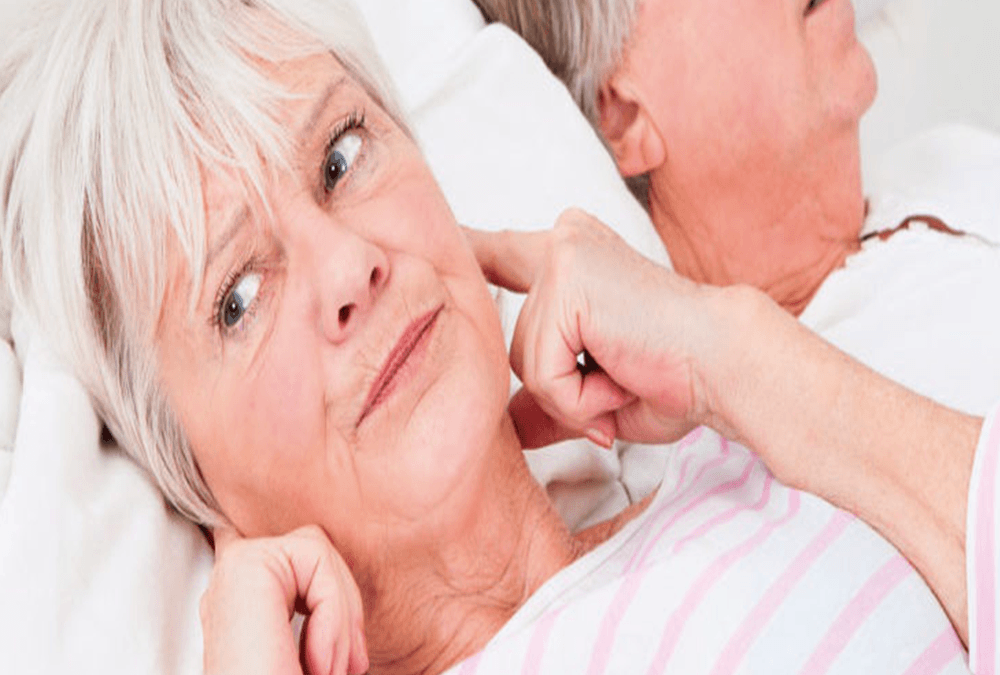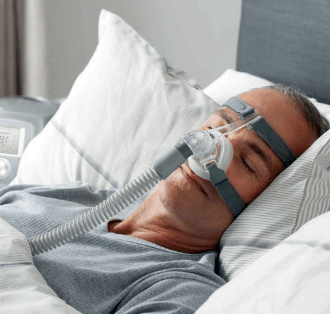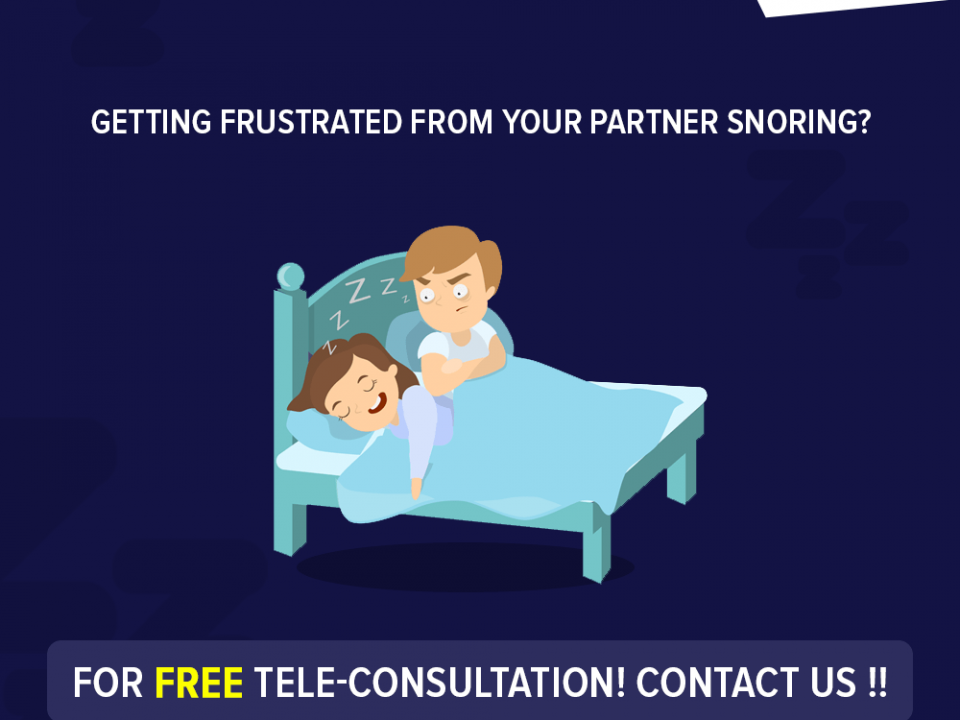Sleep Apnea Overview and Facts
Sleep apnea is a sleep disorder that occurs when a person’s breathing is interrupted during sleep. People who leave sleep apnea untreated stop breathing repeatedly during their sleep, sometimes hundreds of times. This means the brain and the rest of the body are not getting enough oxygen.
The lack of oxygen in your body can have negative long-term consequences for your health. This includes:
- Depression
- Prediabetes and diabetes
- High blood pressure
- Stroke
- Heart disease
Sleep Apnea can make you wake up in the morning feeling very tired or unrefreshed even though you have had a full night sleep. During the day, you may feel fatigued and may feel difficulty in concentrating or you may even unintentionally fall asleep. This is because your body is waking up numerous times throughout the night, even though you might not be conscious of the awakening.
Symptoms of Sleep Apnea are:
- Loud snoring
- Sleepiness or lack of energy during the day
- Occasionally waking up with a choking or gasping sensation
- Forgetfulness, mood changes, and a decreased interest in sex
- Restless sleep
- Sleepiness while driving
- Recurrent awakenings or insomnia
- Morning headaches
- Waking up with a very sore or dry throat.
Types of Sleep Apnea:
There are two types of Sleep Apnea: they are:
- Obstructive Sleep Apnea (OSA): The more common of the two forms of apnea, it is caused by the blockage of the airway, usually when the soft tissue in the back of the throat collapses during sleep. It results in a shortage of oxygen.
- Central Sleep Apnea: It doesn’t block the airway, but the brain fails to signal the muscles to breathe, due to instability in the respiratory control center.
- Complex Sleep Apnea: The complex sleep apnea is a combination of obstructive sleep apnea and central sleep apnea.
Sleep Apnea Risk Factors:
If you have any of the following problems then you may be at an increased risk:
- Excess weight – Your risk of sleep apnea increases with the amount of excess body weight.
- Smokers – If you are a smoker then you are at a higher risk of sleep apnea
- Large neck size – A large neck will have more fatty tissue that can block your airway. (i.e. greater than 17 inches for men, greater than 16 inches for women).
- Older age– Sleep apnea occurs more often in older adults, especially In people who are older than 60. (i.e. 40+ for men and 50+ for women).
- Family history – Sleep apnea can appear more often among family members.
- Being male – Men have twice the risk of having sleep apnea compared to women
- Hypertensive – High blood pressure is very common in people with sleep apnea.
Sleep well, Stay healthy!




